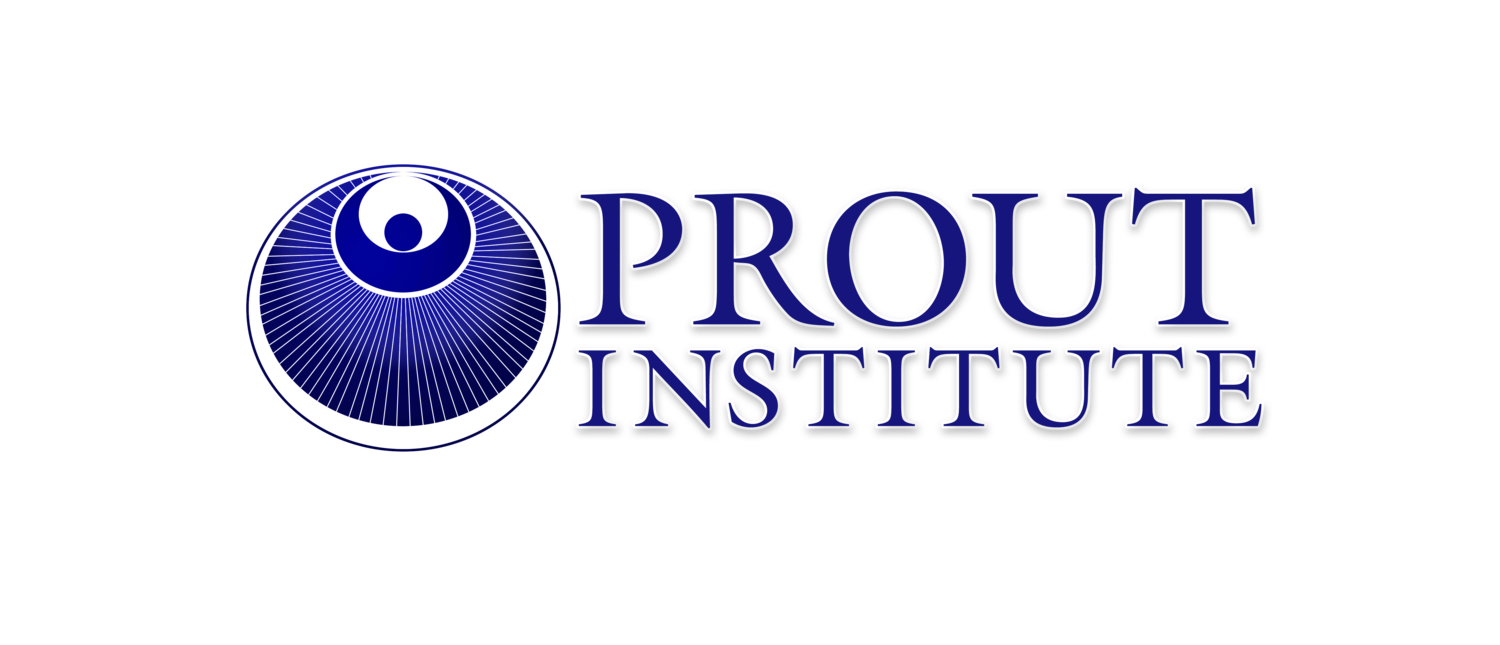Beyond the Bill of Rights
Download the PDF version of this article. This article was originally published in 2013.
When the United States Constitution was drafted by America’s Founding Fathers at the Constitutional Convention in Philadelphia in 1787, George Mason, the influential delegate from the state of Virginia, was one of only three delegates who refused to sign it. His reason: “It has no declaration of rights.”
It was Mason who most vocally asserted that democratic government could not stand without the constitutional protection of certain freedoms. He, above all others, fought passionately to ensure that basic human rights would be incorporated into the Constitution. American government, Mason believed, would turn to tyranny should citizens not be guaranteed sovereign rights. In the end, Mason’s determined advocacy prevailed, and the Bill of Rights was amended to the Constitution.
The Constitution is the foundation of American government, and it is the Constitution’s Bill of Rights — and the First Amendment freedoms of expression in particular — that has served as the bedrock of American political democracy.
Economic Democracy
In the same way that political democracy requires a Bill of Rights, economic democracy also requires declaration of certain fundamental rights. Without such rights, citizens are at risk of erosion of their empowerment in the economic realm, and an economy of opportunity for all can degenerate into an economy for the wealthy — an economy for the one percent.
For most of its citizens, America is no longer “the land of opportunity”. There is no longer an American economy that is by, for, and of the people. The skewed economic power enjoyed by the plutocrats has become so extreme as to corrupt political power. The freedoms that George Mason fought for now have little meaning; the Bill of Rights can no longer ensure the viability of political democracy.
Political democracy has been subverted by wealth. Corporations now enjoy “personhood” rights, and they exert these rights backed by massive coffers that buy political influence far beyond the means of common citizens.
The rights instilled in the Constitution served the American nation well; political democracy long endured, protected by the bulwark of the Bill of Rights. But this bulwark is now breached. The political freedoms of the Bill of Rights no longer suffice.
Rights of Economic Democracy
What must be added to America’s political freedoms is a set of economic rights that ensure economic democracy — and that will restore America’s political democracy in the process. The economic rights required for economic democracy are four in number. Two define the rights of individuals, and two define the rights of communities.
The economic rights that must be guaranteed to individuals are:
1] The basic necessities and amenities of life should be guaranteed to all, according to standards appropriate to the region and the age.
2] There should be ever-increasing purchasing power enjoyed by all.
And the rights guaranteed to communities are:
3] The power to make economic decisions should be vested in the hands of local people and their decisions should be made on the basis of collective necessity.
4] People outside the local community should not interfere in the local economy, and locally generated capital should not be drained from the local community.
With these rights in place, Americans can enjoy an economy that is by, for, and of the people; and both citizens and local communities can be empowered to develop fully their economic potentialities.
With these rights, the American political system will no longer be bought and sold but will maintain its democratic integrity, its participatory vitality.
At the 1787 Continental Congress, George Mason drew a line in the sand: No bill of rights, no ratification of the Constitution. Americans must now draw a new line in the sand: No economic empowerment of the people and the local communities, no business as usual.
This is a cause worthy of struggle. It is one that can unite the majority of Americans in common cause and that can provide them an expanded vision of democracy.
A juncture has been reached: People are aware of the corrosive effects of unbridled greed. People know that the plutocracy does not serve them. In this climate of awakened awareness, Americans will welcome the rights of economic democracy and come to cherish them every bit as much as they cherish their political freedoms.
